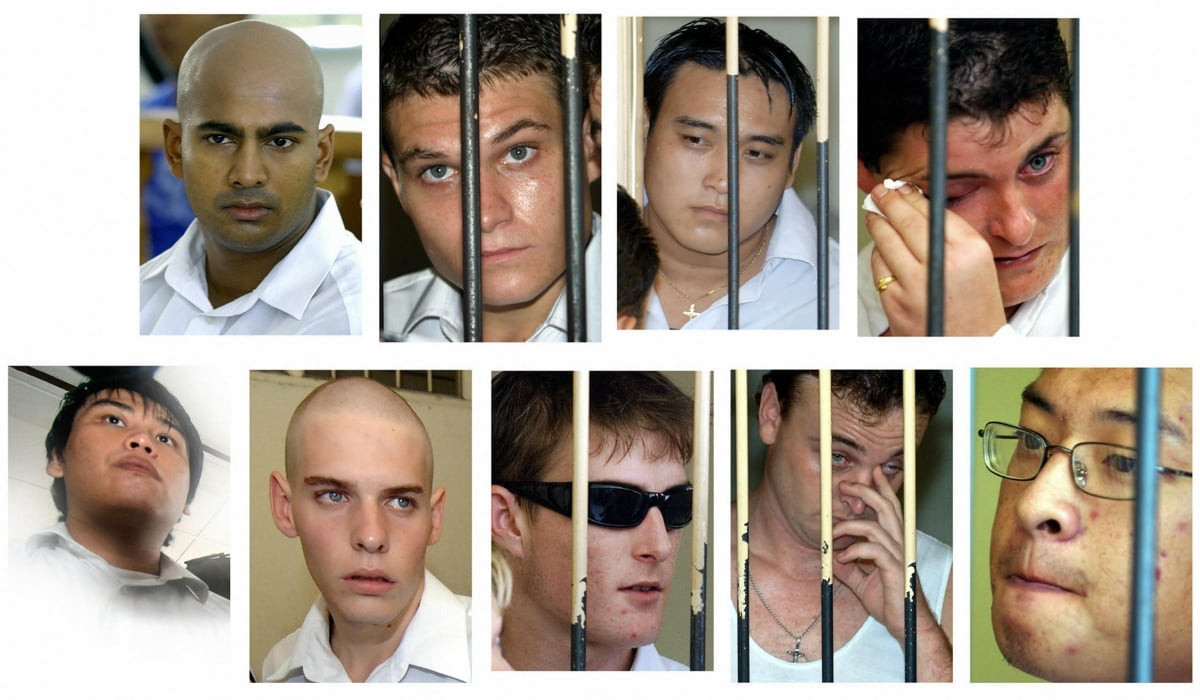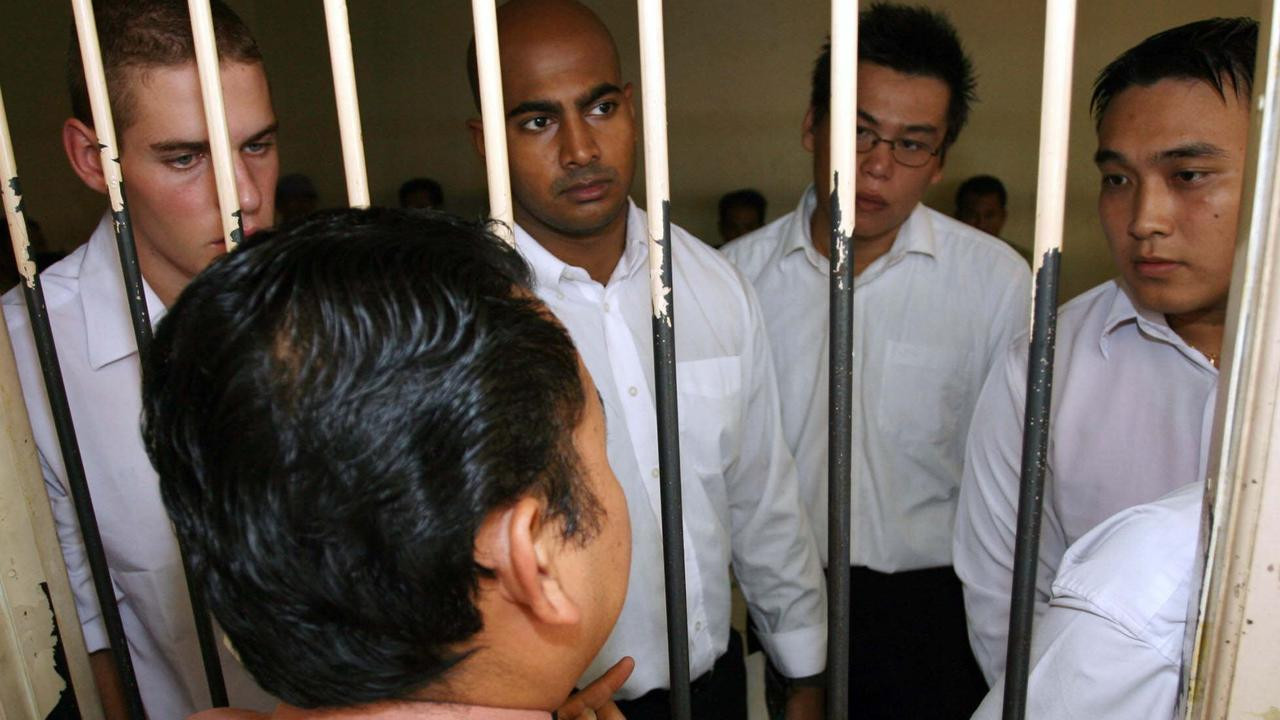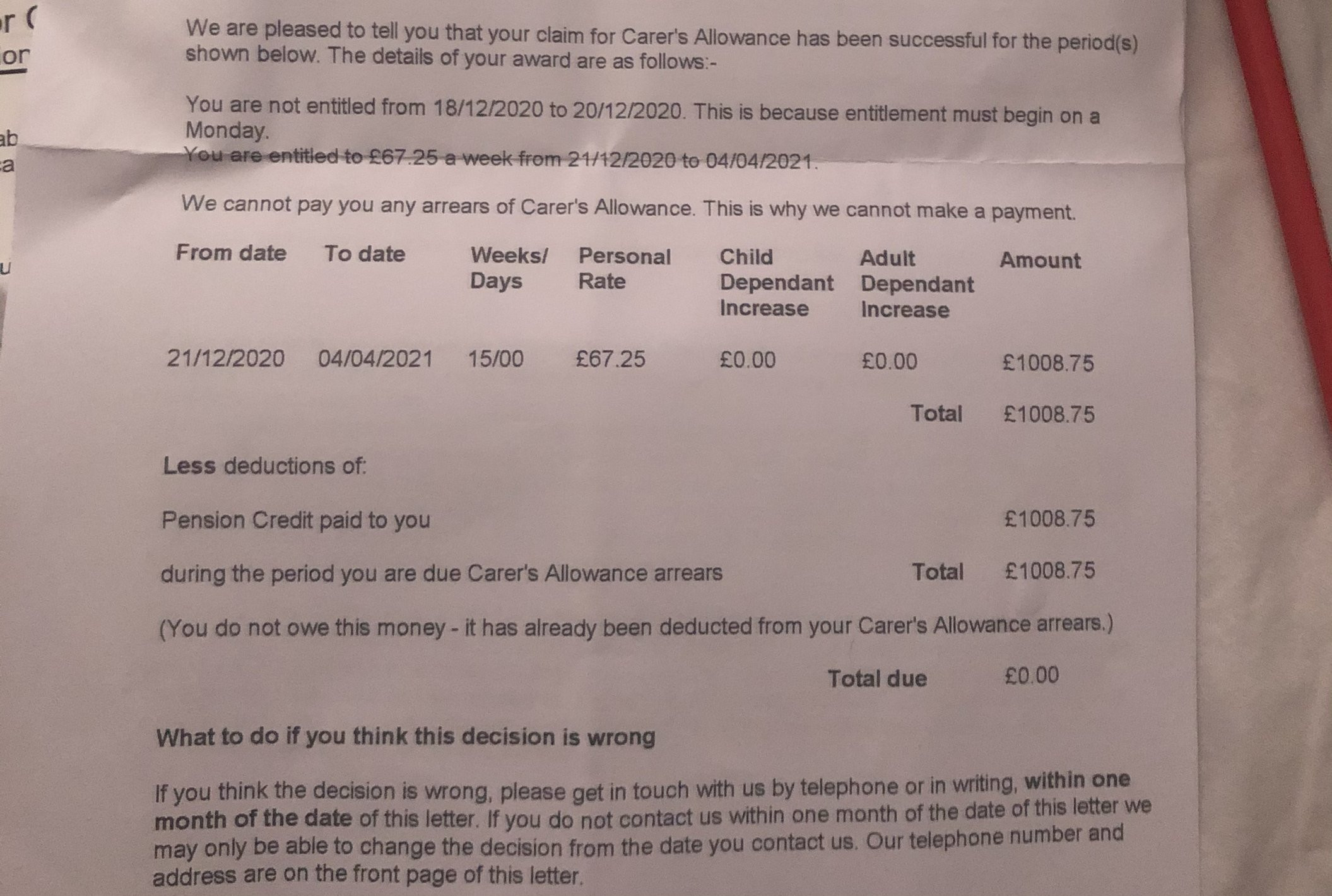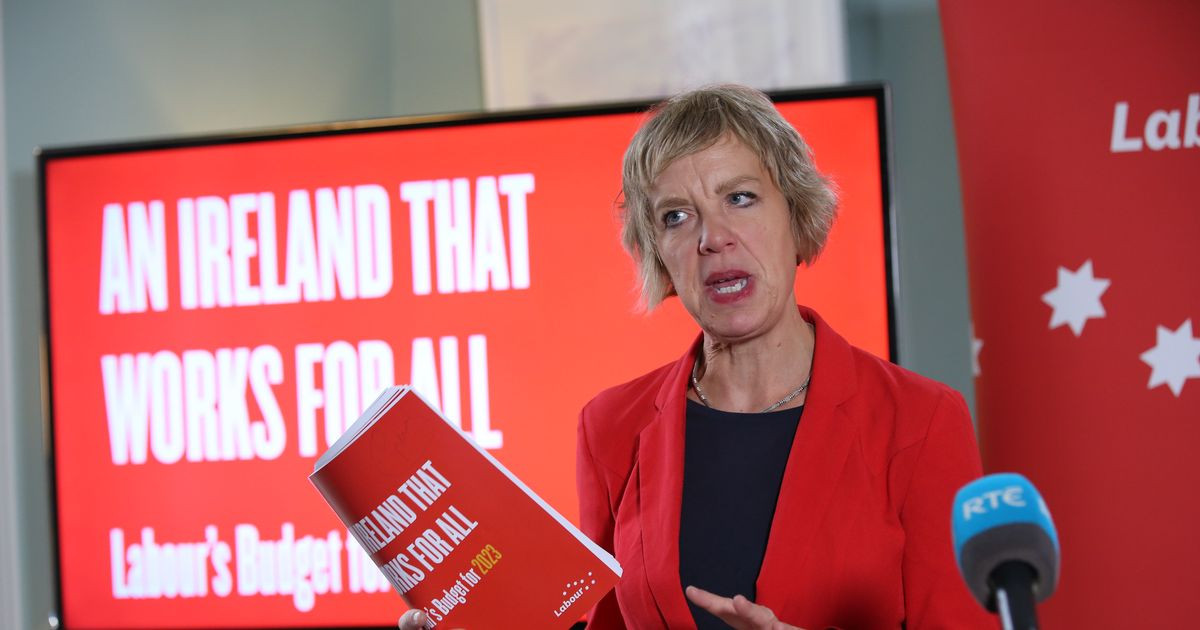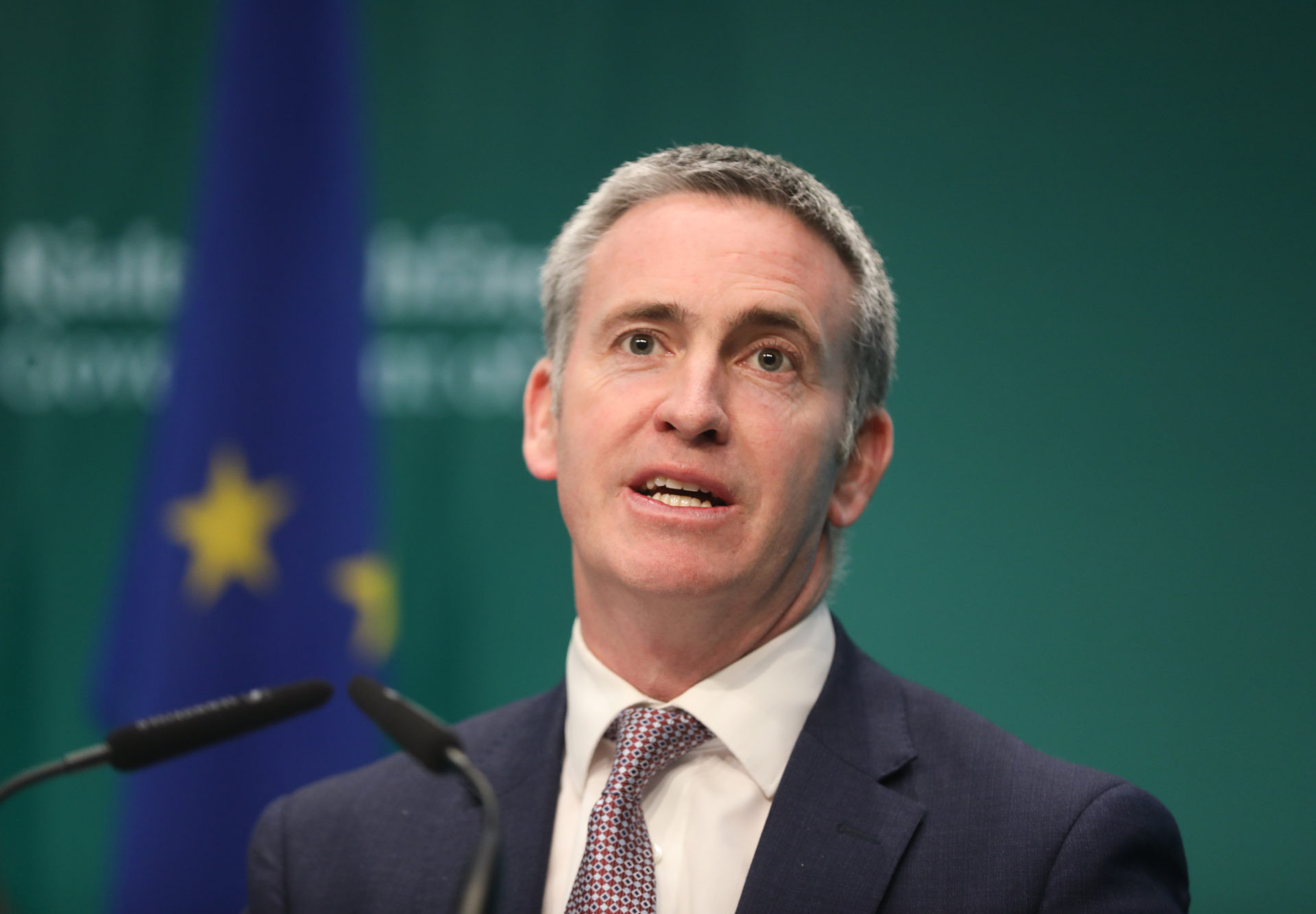Bali Nine: Freedom After Two Decades
Australia has confirmed the return of the five remaining members of the infamous "Bali Nine" drug smuggling ring, marking the end of their almost two-decade-long imprisonment in Indonesia. Prime Minister Anthony Albanese announced on social media the return of Si Yi Chen, Michael Czugaj, Matthew Norman, Scott Rush, and Martin Stephens, expressing gratitude to Indonesian President Prabowo Subianto for his "compassion" in facilitating their release.
The Bali Nine Case: A Timeline of Events
The Bali Nine case began in 2005, when nine young Australians were apprehended attempting to smuggle over 8 kilograms of heroin from Bali to Australia. The dramatic arrests at Denpasar International Airport and a Kuta hotel, following a tip-off from Australian police, garnered international media attention. The subsequent trials and convictions exposed Indonesia's strict drug laws and highlighted the high-stakes nature of drug trafficking. The case also cast a harsh light on the harsh realities of international drug trafficking, illustrating how even small-scale operations can have significant global impact.
The Sentencing and Executions
Two ringleaders, Andrew Chan and Myuran Sukumaran, were sentenced to death and executed by firing squad in 2015, triggering a diplomatic dispute between Australia and Indonesia. Australia's ambassador was briefly recalled, but relations were eventually restored. This event was particularly controversial, sparking fierce debates over human rights and the death penalty's role in drug crime prevention. The executions of Chan and Sukumaran deeply affected public opinion in both Australia and Indonesia. The event highlighted differences in how both countries approached drug-related crime.
Subsequent Events and Release
Other Bali Nine members received life sentences. Tan Duc Thanh Nguyen passed away from cancer in 2018, while Renae Lawrence, the only woman in the group, had her sentence commuted after serving nearly 13 years. The long-standing imprisonment of the remaining five sparked continued diplomatic efforts by successive Australian governments. These efforts focused on securing their release on humanitarian grounds, given the significant time already served, and the men's expressions of remorse and rehabilitation.
Negotiations and Humanitarian Grounds
The release was confirmed following diplomatic talks between Australian Prime Minister Albanese and Indonesian President Subianto at the APEC summit in Lima, Peru. The Indonesian government's decision to allow their return was framed on humanitarian grounds, recognizing the extensive prison time already served. This decision highlights the evolving nature of international relations, acknowledging the need for both nations to navigate complex diplomatic situations with sensitivity, while maintaining their respective stances on drug-related crime.
The Return and Reintegration
Upon their return to Australia, the five men will undergo personal rehabilitation and reintegration programs. While they are effectively free, there's a stated commitment to supporting their reentry into Australian society, with the Australian government providing immediate support such as accommodation and access to medical care. The details remain private, prioritizing the individual's need for privacy and support during a delicate transition period. This approach demonstrates Australia's commitment to rehabilitation and community reintegration, indicating a commitment to holistic care for returning citizens following the end of their sentences.
The Legacy of the Bali Nine Case
The Bali Nine case continues to serve as a stark reminder of the devastating consequences of drug trafficking and the stringent laws surrounding it in Indonesia. The case became a symbol of the challenges that can arise from a clash of judicial systems, highlighting vastly different legal approaches towards drug crimes, leading to long-lasting diplomatic tensions.
A Complex Relationship
The Australian government has consistently expressed gratitude for Indonesia's decision and highlighted the strong bilateral relationship shared between both nations. The resolution highlights the importance of maintaining strong relations while tackling sensitive issues effectively. This complex interaction underscores that international cooperation is vital for tackling transnational crimes like drug trafficking.
Looking Ahead
Australia's deep appreciation for Indonesia's cooperation underscores a desire for strong, respectful relations between both nations, suggesting a collaborative approach to future incidents of this nature. The successful resolution of this long-standing issue marks a new chapter in relations, setting a potential precedent for future similar cases, promising better diplomatic outcomes and fostering stronger ties between Australia and Indonesia. The men’s release sends a message to the broader international community about the importance of humanitarian considerations in justice and diplomacy. It opens a dialogue on how governments might balance their legal obligations with compassionate approaches to justice. The return of the five men is a significant event. It shows the possibility of resolving intricate international situations through diplomatic efforts and humanitarian measures. It is a complex and sensitive matter, and its resolution represents a balanced outcome that takes into account both the legal framework and human considerations.




